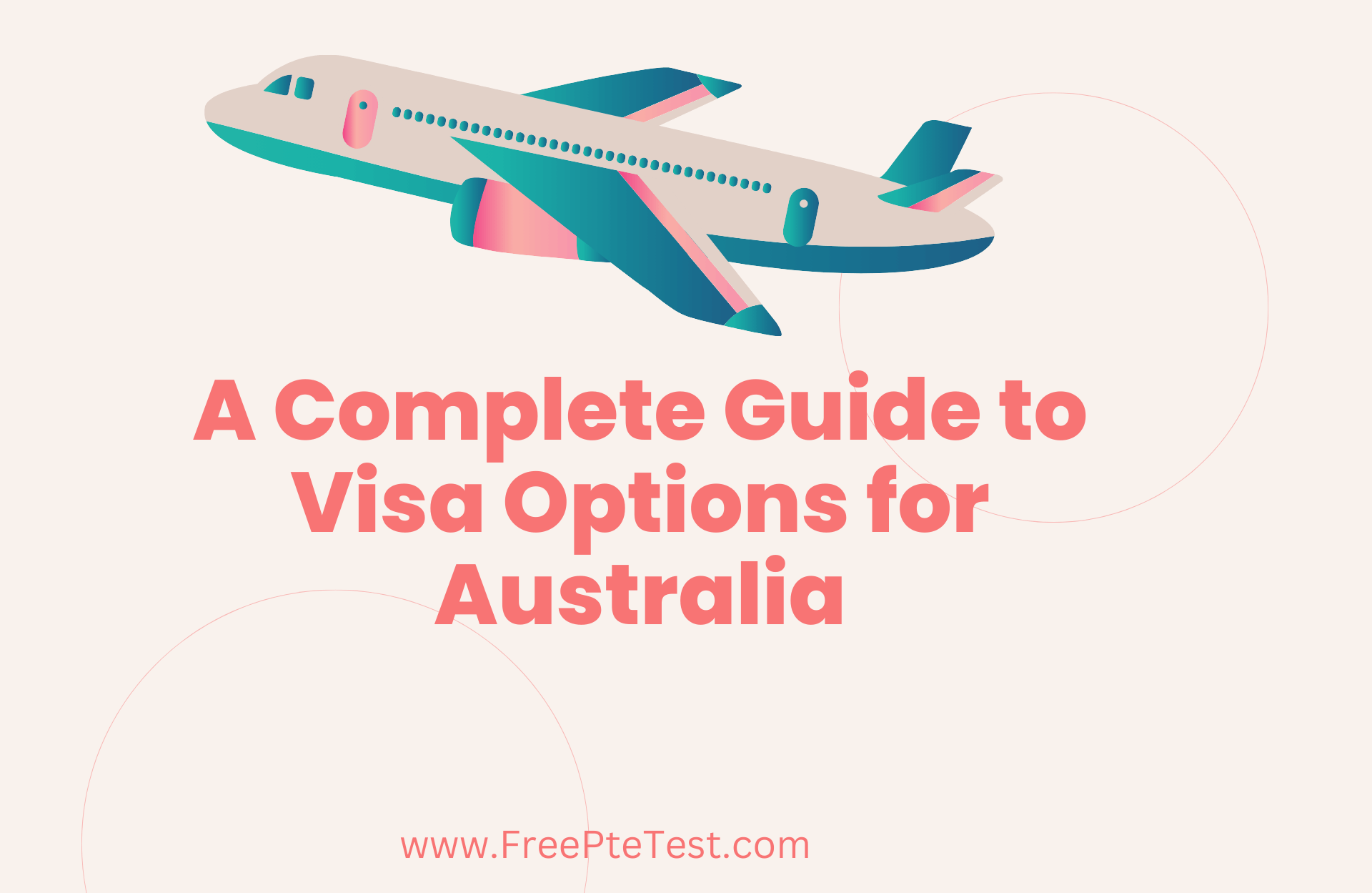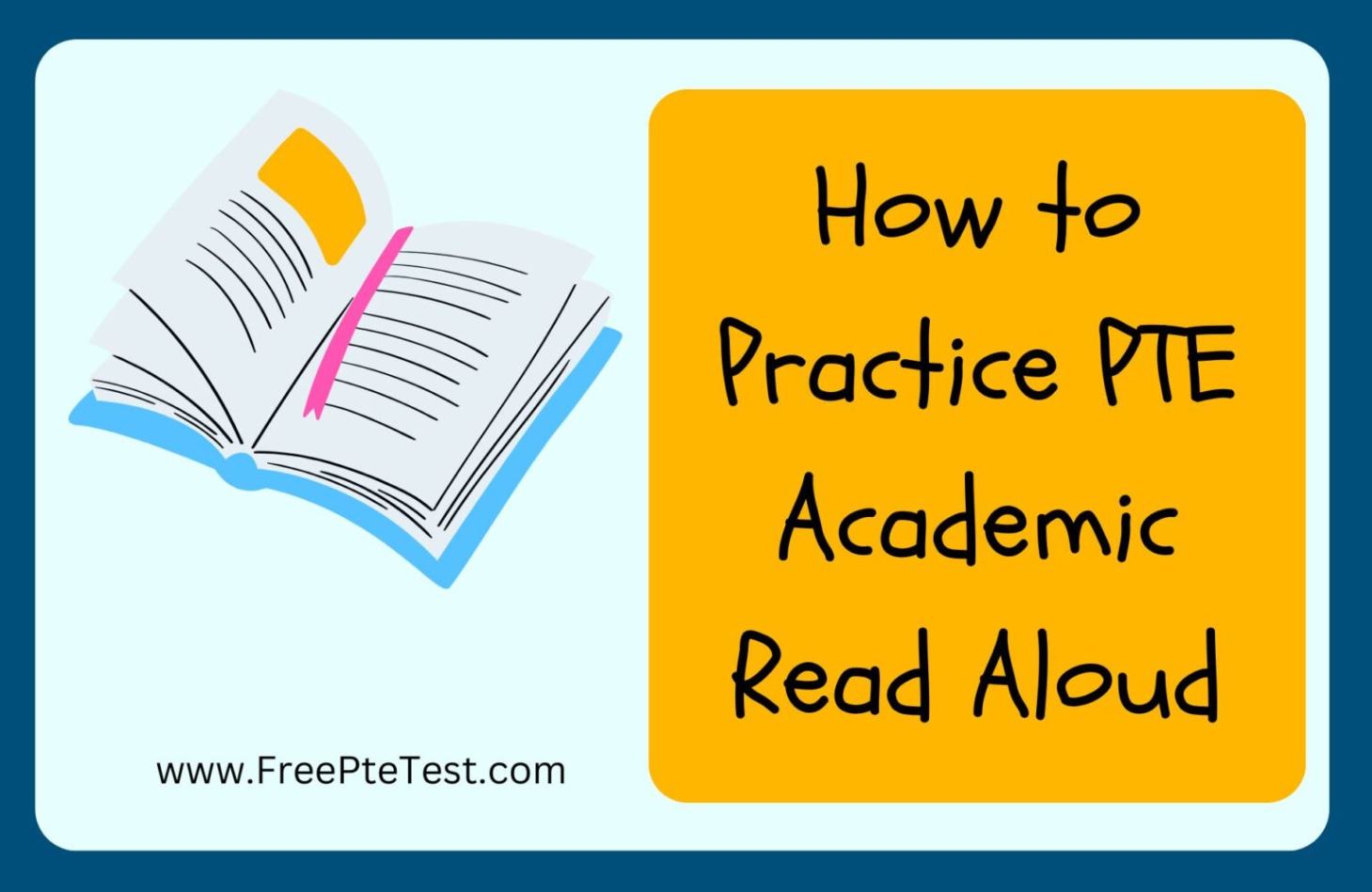People always find different Visa Options for Australia because immigration to Australia is one of the easiest step. Australia, with its diverse landscapes, vibrant cities, and thriving economy, continues to be a sought-after destination for individuals seeking new opportunities.
Whether you are considering a temporary stay or planning to make Australia your permanent home, understanding the visa options available is crucial. In this comprehensive guide, we will explore the various visa categories, eligibility criteria, what is the Cost of an Australia Tourist Visa and application processes that pave the way for your journey to the Land Down Under.
Temporary Visas
- Visitor Visas (Subclass 600):
- Purpose: Suitable for those intending to visit Australia for tourism, family visits, or business purposes.
- Duration: Varied durations, up to 12 months.
- Eligibility: Demonstrated genuine purpose of visit, financial capability, and strong ties to the home country.
- Student Visas (Subclass 500):
- Purpose: For international students enrolled in registered courses in Australia.
- Duration: Duration of the course.
- Eligibility: Acceptance into a registered course, health insurance, and financial capacity to cover living costs.
- Working Holiday Visa (Subclass 417 and 462):
- Purpose: Enables young individuals to work and travel in Australia.
- Duration: 12 to 24 months, depending on the country of origin.
- Eligibility: Age limit (18-35), valid passport, and sufficient funds.
- Temporary Skill Shortage (TSS) Visa (Subclass 482):
- Purpose: Allows skilled workers to fill temporary skill shortages in Australia.
- Duration: Up to four years.
- Eligibility: Job offer from an approved sponsor, relevant skills, and English language proficiency.
- Temporary Graduate Visa (Subclass 485):
- Purpose: For recent graduates from Australian institutions to work, study, or live temporarily.
- Duration: 18 months to 4 years.
- Eligibility: Completion of an eligible qualification in Australia.
Permanent Visas
- Skilled Independent Visa (Subclass 189):
- Purpose: For skilled workers who are not sponsored by an employer or family member.
- Eligibility: Points-based system assessing age, skills, qualifications, and English proficiency.
- Employer Nomination Scheme (ENS) Visa (Subclass 186):
- Purpose: Enables skilled workers nominated by an Australian employer to work permanently in Australia.
- Eligibility: Job offer from an approved employer, relevant skills, and age requirements.
- RSMS: (Regional Sponsored Migration Scheme Visa) (Subclass 187):
- Purpose: For skilled workers nominated by an employer in regional Australia.
- Eligibility: Job offer from an approved regional employer and meeting skill and age requirements.
- Family Visas:
- Purpose: Allows family members to join their Australian relatives.
- Eligibility: Relationship with an Australian citizen or permanent resident.
- Business Innovation and Investment Visa (Subclass 188/888):
- Purpose: For individuals with a successful business or investment history.
- Eligibility: Nomination by a state or territory government, and meeting the financial and business criteria.
Important Considerations
- Points System:
- Australia employs a points-based immigration system for certain visa categories, such as the Skilled Independent Visa (Subclass 189). Factors like age, qualifications, work experience, and English language proficiency contribute to the overall points.
- Health and Character Requirements:
- This typically involves a medical examination and a police clearance certificate.
- English Language Proficiency:
Many visas require proof of English language proficiency through recognized tests like IELTS or PTE.
- Occupational Lists:
- Some visas, especially those in the skilled migration category, have occupation lists that specify the in-demand professions eligible for application.
- Regional Migration:
- Regional areas in Australia often have different visa options and may offer additional incentives for migration, such as the Regional Sponsored Migration Scheme Visa (Subclass 187).
Application Process
- Skill Assessment:
- For skilled migration visas, applicants must undergo a skill assessment conducted by relevant assessing authorities. This assessment ensures that the applicant’s qualifications and work experience align with Australian standards.
- Expression of Interest (EOI):
- Many permanent visas, like the Skilled Independent Visa (Subclass 189), require applicants to submit an Expression of Interest through the online SkillSelect system. This is a crucial step as it allows individuals to be considered for an invitation to apply.
- Invitation to Apply (ITA):
- Once an EOI is submitted, applicants may receive an Invitation to Apply from the Australian government. This invitation specifies the visa subclass and provides instructions on submitting a formal application.
- Health and Character Checks:
- Applicants must undergo health examinations, which may include medical tests and X-rays. Additionally, a police clearance certificate from all countries of residence is typically required.
- Visa Application Lodgment:
- The final step involves submitting a complete visa application, including all required documents and fees.
Conclusion
Embarking on a journey to Australia involves careful consideration of visa options and a thorough understanding of the application process. Whether you aspire to explore the vibrant culture as a temporary visitor, pursue academic excellence as an international student, or make Australia your permanent home, the diverse visa categories cater to a wide range of aspirations and circumstances.
It’s imperative to stay updated on the latest immigration policies, as they may undergo changes over time. Consulting with migration agents or legal professionals can provide personalized guidance based on your specific situation. As you navigate the gateway down under, thorough research and adherence to the visa requirements will pave the way for a smooth and successful migration experience in Australia.
FAQs on Visa Options for Australia:
Q1: What are the basic eligibility criteria for a Skilled Independent Visa (Subclass 189)?
The Skilled Independent Visa (Subclass 189) is points-tested and requires applicants to meet specific criteria. Key factors include age, skills, qualifications, work experience, and English language proficiency. Applicants must also receive an invitation to apply through the SkillSelect system.
Q2: Can I work in Australia on a Visitor Visa (Subclass 600)?
The Visitor Visa (Subclass 600) is primarily for tourism, family visits, or business purposes. While it allows for some business-related activities, it does not permit ongoing work. If you intend to work, you should explore other visa options such as the Temporary Skill Shortage (TSS) Visa (Subclass 482) or a Working Holiday Visa.
Q3: How can I check if my occupation is eligible for migration to Australia?
The eligibility of occupations is determined by the relevant assessing authorities. You can check the skilled occupation lists provided by the Australian government. These lists outline occupations in demand and the corresponding assessing authorities responsible for evaluating skills.
Q4: What is the difference between the Temporary Graduate Visa (Subclass 485) and a Skilled Independent Visa (Subclass 189)?
The Temporary Graduate Visa (Subclass 485) is designed for recent graduates from Australian institutions, allowing them to work, study, or live temporarily. In contrast, the Skilled Independent Visa (Subclass 189) is a permanent residency visa for skilled workers who are not sponsored by an employer or family member.
Q5: Is there an age limit for the Working Holiday Visa (Subclass 417 and 462)?
Yes, there is an age limit for the Working Holiday Visa. Generally, applicants must be between 18 and 35 years old at the time of application. This age restriction may vary slightly depending on the applicant’s country of origin.
Q6: Can I include family members in my visa application?
Many visa categories, especially permanent visas, allow for the inclusion of family members such as spouses, partners, and dependent children. Each visa subclass has specific requirements and considerations for family members, so it’s essential to review the details of the chosen visa category.
Q7: How extensive does it take to process a visa application?
Processing times vary depending on the type of visa and the completeness of the application. Temporary visas, such as the Visitor Visa or Student Visa, generally have shorter processing times, while permanent visas may take several months. You can check the estimated processing times on the official website of the Department of Home Affairs.
Q8: Can I apply for permanent residency directly, or do I need to start with a temporary visa?
While some individuals may qualify for direct permanent residency, many applicants begin with a temporary visa, gain relevant experience, and then transition to permanent residency. The pathway to permanent residency often involves meeting specific criteria, such as skilled work experience, sponsorship by an employer, or state nomination.
Q9: How do I demonstrate English language proficiency for visa applications?
Most visa applications that require English language proficiency accept test scores from recognized English language tests such as IELTS or PTE. Some applicants, such as native English speakers or those with certain qualifications, may be exempt from this requirement.
Q10: Can I appeal a visa refusal decision?
Yes, in many cases, you can appeal a visa refusal decision. The specific appeal process varies depending on the type of visa and the circumstances of the refusal. It’s crucial to carefully review the refusal notice and seek professional advice to determine the best course of action.
Navigating the Australian visa system can be complex, and individual circumstances may impact the suitability of certain visa options.
For personalized advice and guidance, it is recommended to consult with registered migration agents or legal professionals who specialize in Australian immigration law. Additionally, staying informed about the latest updates from the Department of Home Affairs ensures that you have the most accurate and up-to-date information for your visa journey Down Under.



